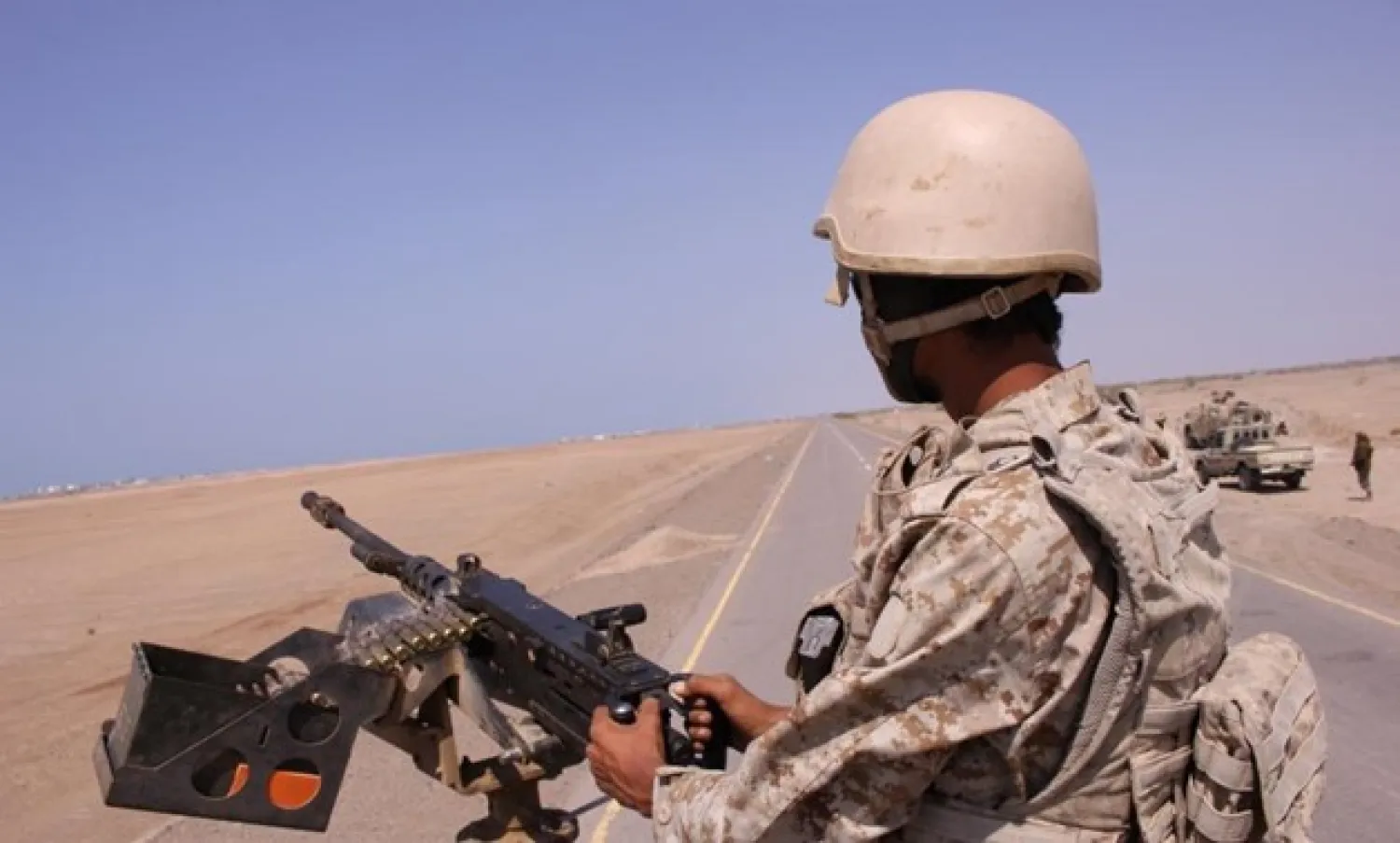Yemen legitimate forces had taken full control of al-Khokha coastal city, in Hodeidah governorate, as part of a wide-range military operation launched by the forces towards the city from the southern side. This enabled the forces to take full control of the city and arrest 15 members of the Iran-backed Houthis militias.
In As-Silw axis, Yemeni legitimate forces succeeded in controlling al-Hawd area, where at least 15 Houthis were reportedly killed including Colonel Radwan Salah.
Earlier, field sources of the National Army confirmed that government forces managed to defeat Houthis on the west coast of Yemen, precisely north of Yakhtul area, and moved towards Az-Zahari area, as it advanced towards al-Khokha, south of Hodeidah.
Speaking to Asharq al-Awsat, the sources added that the legitimate forces advanced towards Harzine strategic mountain in the area of al-Hamli.
Observers believe that the death of Saleh will be a turning point against Houthis, whether in terms of pro-Saleh soldiers retreating from the fronts or joining the legitimacy in retaliation to the militia's betrayal of their leader.
In Taiz governorate, sources reported that government forces regained control over "al-Hawd, Tbab al-Safeh and al-Menya villages" north of the As-Silw directorate following fierce clashes where 11 Houthis were killed and injured.
Along with these developments, Saudi-led coalition launched a series of air strikes on militias on the outskirts of Mocha and various locations of Hajjah.
Another military source in Taiz told Asharq Al-Awsat that at least 12 insurgents were killed and 15 others injured during raids targeting militias sites in Az-Zahari and Yakhtal districts, north of Mocha coastal directorate.
Han strategic mountain witnessed several fierce clashes between insurgency and legitimacy forces during which different kinds of weapons were used, however, army troops advanced and forced the militias to retreat after several of their members were killed and injured.
"The insurgency militia continuous attack on Han Mountain is because of its great importance given that it overlooks al-Dabab crossing on the west and the road linking Taiz with Aden through At-Turba district," explained the source, adding that by controlling the mountain, the city is besieged.
Clashes in the city coincided with battles in As-Silw following an attack launched by troops of 35th armored brigade on insurgency's posts killing several of their militants, confirmed the source, who added: "forces liberated al-Hawd village as clashes continued in Tebbat al-Menya strategic town, which is partly controlled by the army."
Militias increased their violent bombardment of residential areas from the outskirts of the city. Residents in the city reported that four civilians were wounded during militants' shelling.
Sanaa resistance council called upon residents to unite and carry on the uprising waged by Yemeni people.









